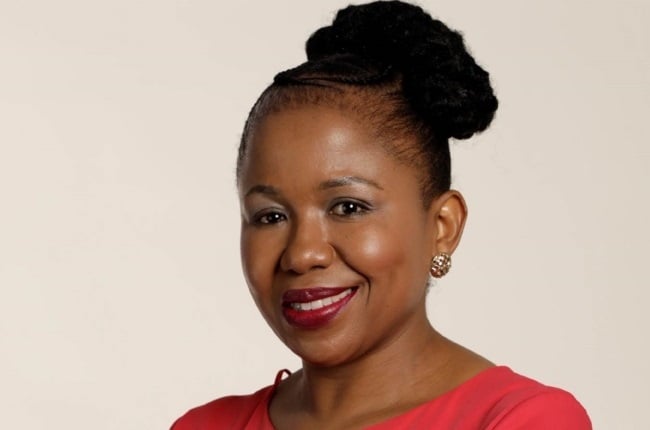
Do you have property or any kind of investments that would go to your beneficiaries or dependents when you die?
Do you have doubts about how the money or assets you've worked so hard for will be managed once you're no more?
Do you have creditors who will have claims to a part of your deceased estate?
Anyone who answers any of these questions 'yes' is in a position to consider setting up a Trust – and, no, it's not just for the wealthy.
“A living or Inter Vivos Trust can be created by any individual,” Matlhodi Leteane explains, “and it offers an effective way of managing and protecting the value of their assets, usually for the benefit of future generations.”
Read more | What are your children’s godparents’ responsibilities if you die while your kids are still minors?
There are typically three main reasons why people consider establishing Trusts, Matlhodi explains.
1) Reducing beneficiaries' estate duties
Most founders of Trusts are looking for a proven way of reducing the estate duties that their beneficiaries will have to pay to inherit their properties and other assets when they pass away.
“When any person dies, the process of passing their assets on to their beneficiaries triggers estate duty.
And it’s not just in death that the value of holding assets in a Trust becomes evident.
2) Assets held on a Trust are not in your name
Trusts, when set up for the right reasons and in the correct way, offers many benefits to individuals who could benefit from and use assets without physically owning them.
This benefit is especially useful in providing protections of assets against potential creditors. “Because the assets held in a Trust are not in your name, claims against a personal estate will not include trust owned assets.”
She points out that these characteristics of a Trust make it a highly useful mechanism for building a legacy and creating wealth for your children.
“By protecting your growth assets in a Trust, you ensure that there is no risk that their value can get eroded over time,” she says, “and because you can specify who the beneficiaries of the Trust are, you can also ensure that that value is only ever transferred to those you want to receive it.”
3) They can protect the value of your growth assets
A Trust is one of the most effective ways of protecting the value of your growth assets, says Matlhodi.
But, while a Trust is a flexible estate planning vehicle used to protect the assets and streamline the succession of the assets for future generations, there are some factors you need to consider before you choose one that best suits your estate planning or legacy creation needs, she warns.
The most significant of these is the cost involved. In addition to the fees and charges involved in setting up the Trust, when it comes to taxation, it is important that trustees carefully consider the tax implications of dealing with the income derived from trust assets and that the pros and cons are considered when dealing with payments to beneficiaries.
Read more | Do your loved ones know exactly what to do if you die suddenly? Use this as a checklist
And with a Trust being a legal entity, there are governance requirements that must compiled with, such as producing annual financial statements and filing an annual income tax return as well as bi-annual provisional tax returns, she adds.
“Trusts in this sense come with additional administrative requirements, but the long-term benefits of setting up Trusts to house the financial legacy of the family and future generations, will outweigh the administrative requirements.
“Provided you work with a trusted fiduciary partner who can clearly explain how your Trust works and help you structure it to maximise its value, a living Trust remains one of the most effective ways of leaving a legacy for those you care about.”
For more information about the different Trusts you can have in South Africa, visit the website of the SA Revenue Service (SARS).



















